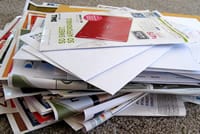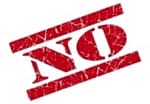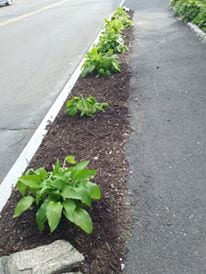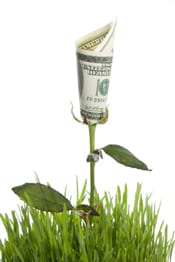This is part 2 of 2020 A Year For the Record Books – click the link to read part 1.
We must learn to adapt our finances to changing times.If you live in the tri-state areas, we had a hurricane Esaias. Many people had damage to their homes / property and lost power for days. Having to replace all the food in y our fridge and freezer is a huge expense, that you probably weren’t expecting. Look into reimbursement from your renter’s / homeowner’s insurance (and possibly the power company) to ease your budget.
our fridge and freezer is a huge expense, that you probably weren’t expecting. Look into reimbursement from your renter’s / homeowner’s insurance (and possibly the power company) to ease your budget.
Spending more than you have. With more time at home and less going out, did you find yourself spending more online than your budget allows? Just because something is a good deal, doesn’t mean you need to purchase it. As they say, you don’t need to keep you with the Jones’s.
Credit card debt. You know that debt is the enemy of your budget, so carry a balance month to month on your credit card in not good. Yes, I know that right now creditors are working with you if you are having trouble payment your debt. But think long term, what is it costing you? Make a plan to payoff your debt in full each and every month, so this won’t be an issue with your finances.
With the holidays just around the corner, that will be another big expense for many. Think about what your plans are and how they may need to be adapted to fit your finances. Another words, don’t overdue it. Now is the time to make a plan and stick to it.
Now that I have shared with you some of the ways you might be accumulating debt, what are you planning on doing (or have done) to stop debt from accumulating?


 Delivery trucks parking on the sidewalk and the salt from the winter storms always made this grassy area a mess. Our hosta plants needed to be split, so this solved the problem. We removed the grass and placed weed block down, added the plants and completed it with mulch. No cost to us, just labor over two weekends.
Delivery trucks parking on the sidewalk and the salt from the winter storms always made this grassy area a mess. Our hosta plants needed to be split, so this solved the problem. We removed the grass and placed weed block down, added the plants and completed it with mulch. No cost to us, just labor over two weekends.


 I am embrace the word and am loving it.
I am embrace the word and am loving it.